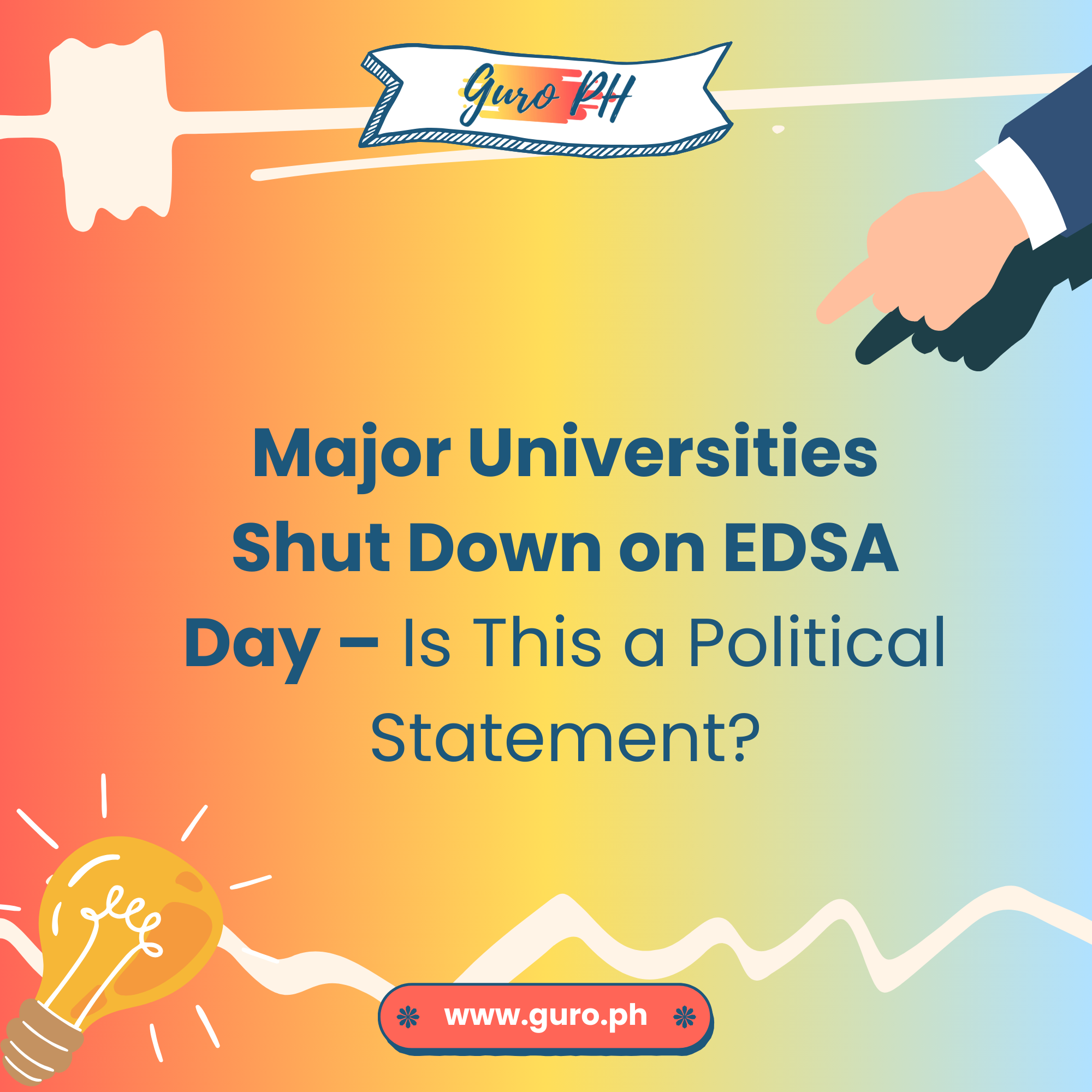It is a common misconception that private schools are rich in funds to weather crises like the COVID-19 pandemic.
However, like many companies battling for survival in this crisis, several private schools are also facing the threat of closures with a staggering drop in enrollment for the upcoming school year.
With enrollees in private schools nationwide barely reaching a million one week before registration of students end, the government should find ways to subsidize private schools to cover at least a portion of their payrolls for teachers and staff.
After all, it will be more burdensome for the government if private school workers join the ranks of the 7.3 million unemployed Filipinos due to the pandemic.
The Coordinating Council of Private Educational Associations (Cocopea) said some 500,000 private school employees, including teachers, have been affected by the COVID-19 crisis, either receiving reduced income or no income at all under the “no work, no pay” scheme.
Many private schools in the Philippines, particularly small ones, are highly dependent on tuition for the salaries of its teachers and staff.
To ensure the employment of these workers, the government should also prepare a backup plan for private school workers who might lose their jobs.
One way to do this is by requiring the Department of Education (DepEd) to prioritize retrenched teachers, and private school workers in its hiring process to avoid a lull in employment.
The DepEd should also ensure that private schools and its teachers have enough resources for ‘blended’ learning.
While it is understandable that the government prioritizes public schools, officials should remember that private schools are also a pillar in the country’s education system, and should be afforded with proper government assistance.
The COVID-19 crisis exempts no one. And in formulating responses, public and private institutions should both be considered.


